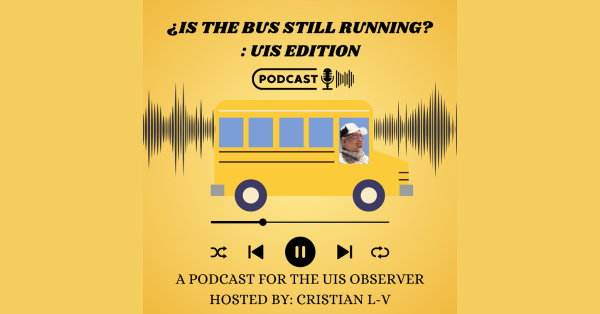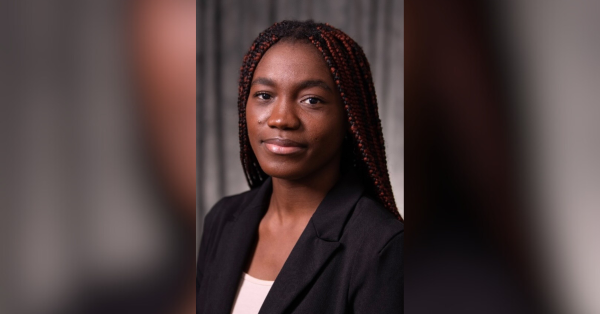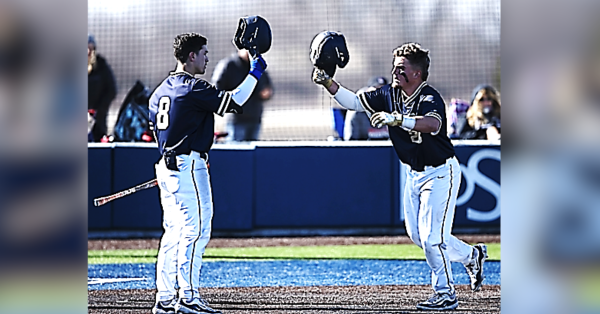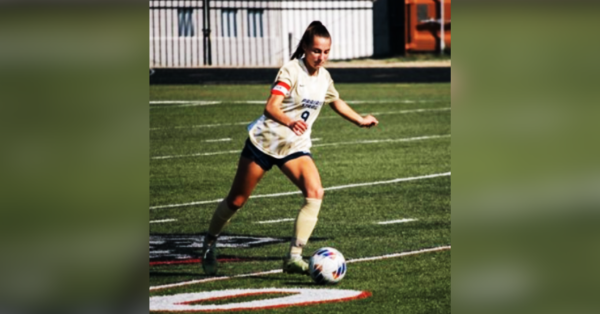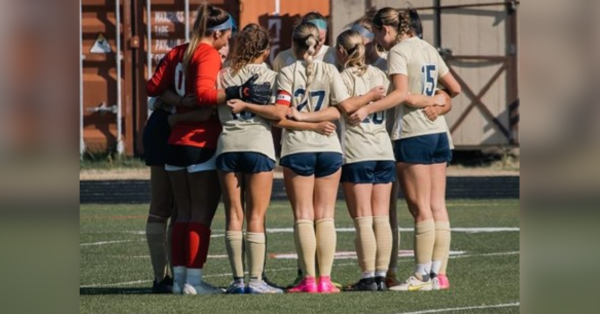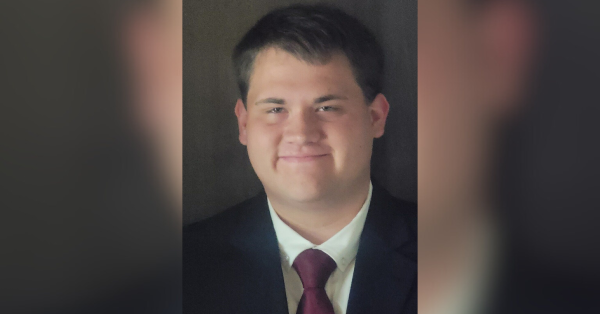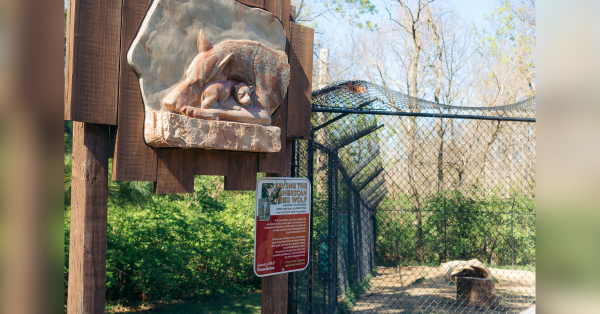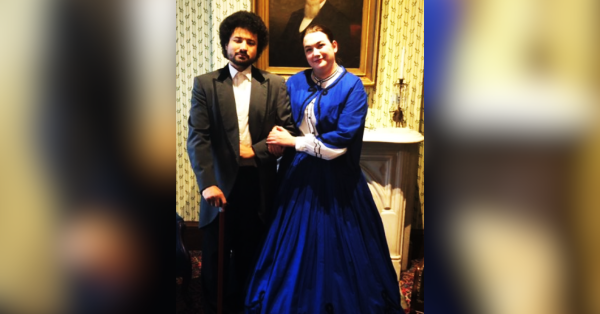Debate over compensation arise at campus senate meeting
The Campus Senate heavily debated at their Friday meeting as they discussed how to approach the concerns of compensation for Non-Instructional Assignments (NIAs).
Dennis R. Papini, VCAA and Provost, prompted the discussion, providing two documents to the senate discussing the compensation senate members receive for serving on the senate – an activity considered an NIA. Papini said that the faculty receiving stipends shall not receive NIA compensation or any other overload compensation during the term of their service to campus senate.
“In the broadest sense, the use of NIA’s and stipends both convert service activity – for which a faculty member has annual professional expectations for engagement – into additional work for hire (i.e., not service),” Papini said in one of the documents. “Having said that, there are leadership roles in Campus Senate that require a level of time and effort in excess of what would be expected under professional service for an academic year.”
Tiffany Nielson, assistant professor of human development counseling, pointed out that it is inequitable for professors who are overloaded with teaching work and NIAs to have the same salaries as professors who don’t have NIAs.
Papini said that the work load is currently described as teaching work load, but the actual work load of a faculty member is 40 percent teaching, 40 percent scholarship, and 20 percent service. As such, teaching is not supposed to be the only work load professors have.
“Work load is a debatable issue, and the policy is unclear. It is an issue that we need to take our time to think about,” he said.
After the new business was handled, reports about the reaccreditation process and fall enrollment numbers were given to the senate.
Higher Learning Commission (HLC) Accreditation Process and Admissions representations were made after the senate voted to pass the proposal.
HLC Accreditation Process representation was made by Cecilia Cornell, associate vice chancellor for graduate education, and Bob Blankenberger, associate professor of public administration, during which they discussed the working mission of HLC.
According to Cornell and Blankenberger, the completion of the Assurance Argument and Evidence File will be done on December 2017, and the HLC Site Visit Team on Campus will be held on February 19-29, 2018.
The presentation about the fall 2017 census of graduate students mentioned that the numbers of graduate students decreased dramatically from last year, especially the number of international students.
This decrease was anticipated, and is reflected in universities across the nation. During the previous campus senate meeting, Chancellor Koch referred to this as the “Trump effect,” meaning that international students are worried about their visa status and are looking at higher education options outside of the United States.
Methods to potentially increase international enrollment include increasing the university’s name recognition, brand awareness, and possibly purchasing “search engine optimization services,” according to the presentation by the Director of Admissions, Fernando Planas.
The next senate meeting will take place on Friday, Sept. 29 in PAC at 10 a.m.



